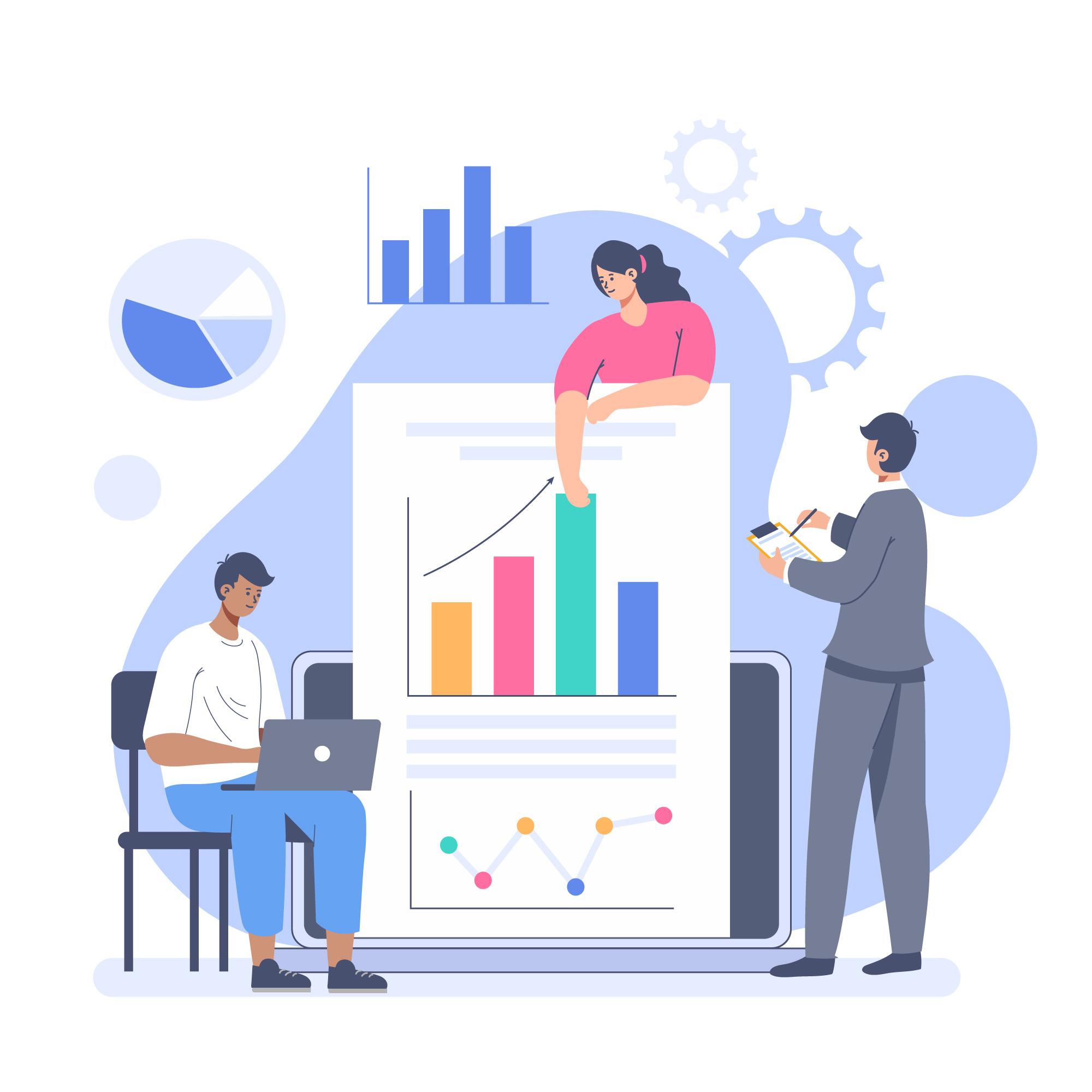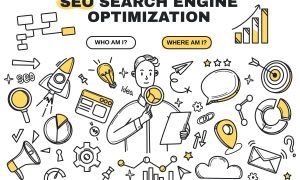Data is expanding fast, and more than 90% of the world’s data was produced in the last two years alone, according to Forbes. Additionally, businesses all around the world are coming up with more inventive methods to gather data from their users. However, this creates difficulties with processing, producing insights, and meaningfully and easily showing data. One of the most often used and successful business intelligence methods is ad hoc reporting and analysis. It enables data report generation and facilitates additional analysis.
What Is Ad Hoc Reporting and Analysis?
Ad hoc reporting is the practice of creating reports on demand that are defensible, simple to understand, and supported by company data. For instance, it is simple to create a report on the sales performance of each member of the sales team. This reporting is also presented visually. You will be better able to perceive and comprehend data as a result.
On the other side, ad hoc analysis is a Business Intelligence (BI) procedure you can customize to meet and address highly specific business needs. It examines the facts of the business to achieve that. These queries may include things like inventory management and sales analysis. Ad hoc analysis, to put it simply, is a quick and simple approach to assist you to find answers to a certain query.
Ad Hoc Reporting & Analysis’s objectives
Empowering Leaders to Analyze Data
The inspiration for practically all enterprises comes from data. Corporate statistics also show a company’s growth, failure, success, or decline. Ad hoc technologies can assist companies and their executives in gaining access to reliable, quantitative, and data-supported business KPIs in this regard. These make it possible to plan and strategize for business. These tools can be used by leaders to monitor trends, identify inconsistencies, generate projections, etc.
Empowering organizations with data
The usability of ad hoc reporting and analysis tools is one of their most vital and significant features. The data can be accessed by everyone in the organization, but decision-makers, such as C-level executives, can use it to gain insights into particular business elements. They won’t require any technical knowledge. In addition, they can delegate the task to BI developers or data analysts. This usually results in a quick turnaround and a smooth process.
Simplification of the decision-making process
Finally, you may improve your decision-making by using ad hoc reporting and analysis. You might also use it to speed up the decision-making process. You can be as specific as you like by using ad hoc tools. You may then more effectively manage and oversee your entire business, including all teams and departments. Let’s now examine some of the main advantages that this kind of reporting and analysis provides for you and your company.
Ad hoc reporting example and use cases by Industry
Companies can no longer choose to ignore data in a world where data generation is accelerating by the second.
And they wouldn’t if they were aware of the benefits ad-hoc reporting tools could provide to their company. Here are four use cases for ad hoc reporting organized by industry.
Retail
In the retail industry, branding is crucial, but even well-known stores run the risk of failing if they don’t keep track of their numbers. Margin, inventory efficiency, and future investments are all important factors in the retail industry. Without giving employees across the company access to ad hoc information with interesting visuals, it is impossible to foresee these areas.
Government
Any level of government entity must give top-notch data security top priority when choosing an analytics technology. However, this kind of security usually affects usability. Any corporate leader is aware that poor usability makes adoption challenges, which reduces productivity, causes communication breakdowns, and ultimately wastes investment.
Financial
The financial industry’s toughest opponent, the constantly shifting financial markets, is part of what makes it so appealing to work in. Financial institutions have a wealth of data at their disposal, but self-serve has been hard to come by. Ad hoc search tools that are user-friendly are altering that. Ad-hoc reporting is effective whether it’s being used by an underwriter to create an insurance policy, a trader to analyze a fund, or bank management to figure out how to better serve consumers.
Manufacturing
Good planning is the foundation of a successful manufacturing company, but with so many moving parts, unforeseen problems are inevitable. Users can drill down to granularities affecting each phase of the sales forecasting, manufacturing, and distribution cycles using ad-hoc manufacturing reporting tools.
Summing up
Ad-hoc reporting and analysis can aid in more effective resource management. Additionally, it can assist you in developing the best data-driven business decisions depending on any configurable element you want to take into account. Generally, ad hoc analysis and reporting have more benefits. But before choosing Ad hoc reporting tools, think about your business demands as well!
































































